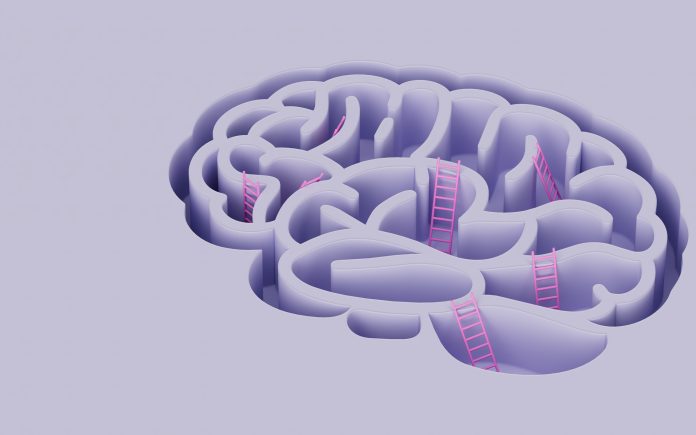The World Health Organization (WHO) has introduced a set of recommendations designed to embed mental health considerations into every corner of government policymaking
Released on 24 November 2025, the new guidance is a step towards “mental health in all policies”. Mental health in all policies is a growing global priority as countries continue to tackle rising mental health needs and the social factors that influence them.
Expanding past the health sector
Earlier in the year, the WHO launched its Guidance on Mental Health Policy and Strategic Action Plans, which covered the essential components of high-quality, rights-based mental health systems.
The latest round of suggestions builds on this foundation by extending the focus past the traditional mental health sector. It provides detailed instructions for ministries and public agencies across government to integrate mental health considerations into their primary responsibilities, strategies, and programmes.
The new guidance recognises that mental health is shaped not only by individual experience or clinical care, but also by broader societal and environmental conditions.
As a result, the publication sets out clear expectations for every sector, encouraging proactive action.
Practical tools for ten key sectors
A significant feature of the guidance is its personalised direction for ten core government sectors:
- Culture, arts, and sport
- Defense and veterans
- Education
- Employment
- Environment, conservation, and climate protection
- Health
- Interior
- Justice
- Social protection
- Urban and rural development
For each sector, the publication outlines major policy priorities, strategic actions, and example indicators that can help governments track progress and adjust their efforts in alignment with national and local needs. These recommendations are designed to be flexible and adaptable, allowing countries with varying capacities and contexts to put them into practice effectively.
Grounded in human rights and evidence
The new framework places a strong emphasis on human rights, equity, and evidence-based action. The WHO highlights the importance of the social and economic consequences of failing to address mental health needs, alongside the substantial benefits of investing in well-designed policies and supportive environments.
By encouraging collaboration across ministries, departments, and community stakeholders, the guidance promotes a whole-of-government and whole-of-society approach. This structure aims to strengthen leadership, improve accountability, and ensure sustained political and financial commitment to mental health.
Turing commitment into action
To help countries move from intent to implementation, WHO includes a practical eight-step roadmap. This roadmap guides governments from initiating high-level dialogue to reviewing existing policies, implementing new actions, and monitoring outcomes. The tool is designed to support long-term progress by providing clear milestones and encouraging continuous evaluation.
Accessible and action-oriented publications
The complete guidance comprises a document and separate sector-specific publications. This design allows policymakers, practitioners, and partners to access the information most relevant to their roles while maintaining a cohesive overall framework.
WHO acknowledges the contributions of expert reviewers, regional partners, and funding organisations, whose support enabled the development of this comprehensive guidance.
With this new resource, the organisation aims to help governments worldwide create environments that protect mental well-being, reduce inequities, and support healthier societies for all.











